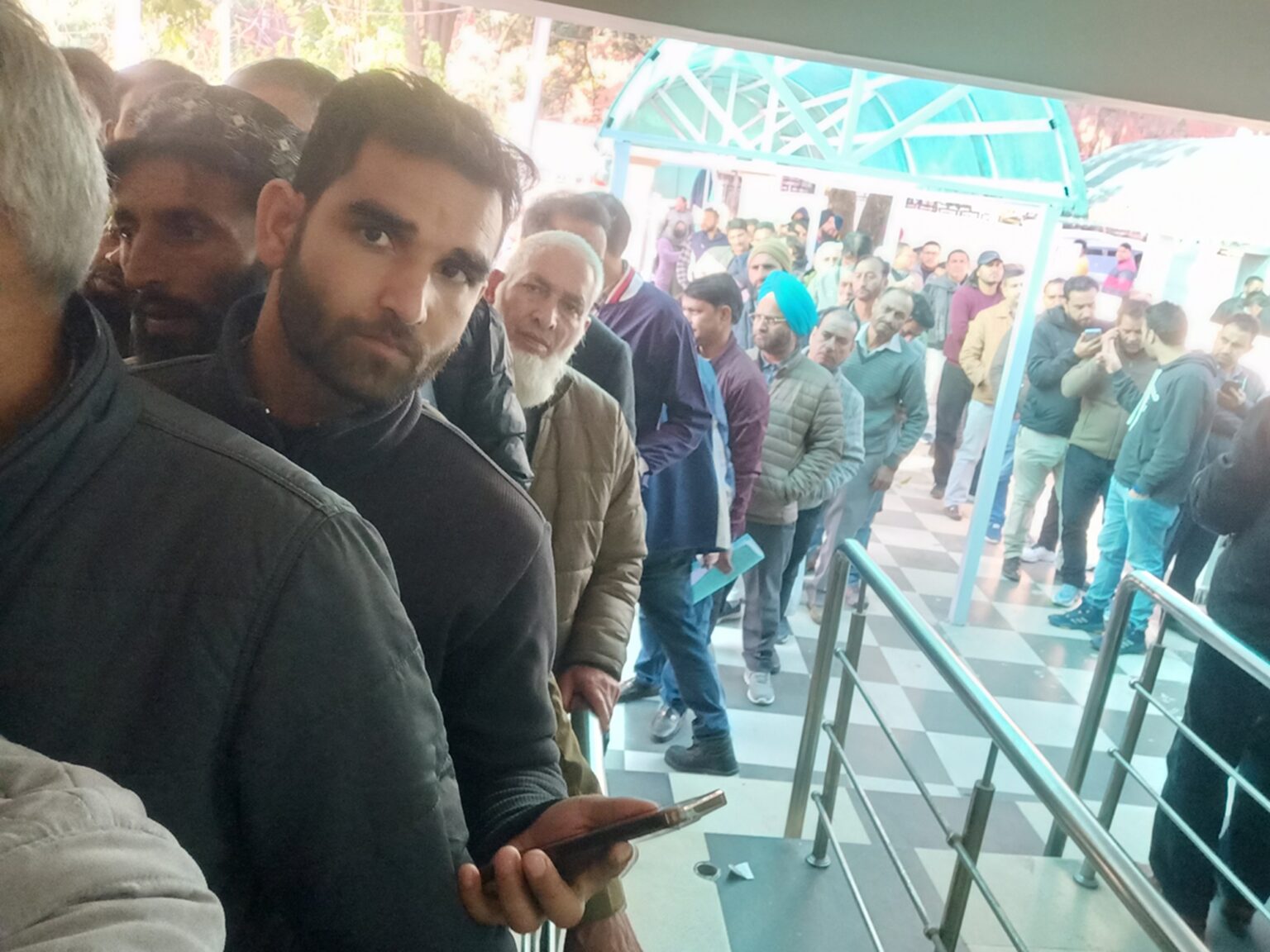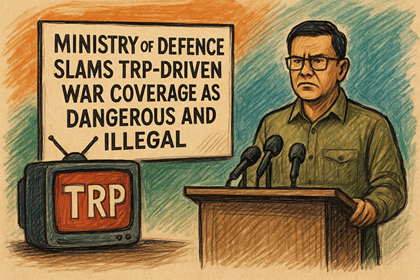Avinash Azad
Amid the bustling power corridors of the Jammu Civil Secretariat, where decisions shaping millions of lives are expected to be made with swift precision, lies an ironic spectacle: the visitors’ queue—a scene where democracy meets patience in a bureaucratic display worthy of reflection.
For the uninitiated, visiting the Civil Secretariat as a member of the public is less about resolving grievances and more about surviving the entrance ritual. The ordeal begins with hopeful citizens, clutching their grievances and dreams, gathering at the gates well before the clock strikes 1 PM—the sacred hour when the public is allowed to step onto the hallowed grounds. By then, the queue resembles a human tapestry of determination, frustration, and silent resignation.
The procedure is straightforward—at least on paper. Identification cards are checked, passes issued, and security frisking conducted through metal detectors. Simple, right? Except, of course, when the system collapses under its own inefficiency. Out of the five registration counters meant to handle the influx, only two appears to be operational. The others? Perhaps on a long coffee break or lost in bureaucratic oblivion.
To their credit, three queue on a single counter designated for women, senior citizens, and the differently-abled does function, the other counter serve a single queue. But for the remaining, the waiting game is as unpredictable as the region’s politics. On a good day, visitors are merely delayed by an hour. On a bad day, they’re left wondering if they’ve accidentally stumbled into a test of endurance rather than a public service office.
Now, let’s not be insensitive to the security protocols of a sensitive region like Jammu and Kashmir. Thorough checks are necessary and non-negotiable. But does that justify a system where citizens must spend hours in line, only to receive a pass that serves as their ticket to further delays inside? Surely, even in the most security-conscious of environments, efficiency and sensitivity to public time can coexist.
The solution isn’t rocket science. How about ensuring all counters are functional during public hours? Or employing technology to streamline registration and reduce the burden on overworked staff? Heck, even a simple token system could work wonders in turning this queue into something less reminiscent of a 20th-century ration line.
As things stand, the public servants inside the Secretariat seem blissfully unaware of the irony outside. While they debate policies to improve governance and citizen engagement, those very citizens are left wondering whether they’ll make it past the gate before the office closes for the day. Here’s a humble suggestion for the powers that be: spare a thought for the people outside your walls. After all, democracy isn’t just about power; it’s also about making sure the powerless don’t have to queue for hours to have their voices heard.






